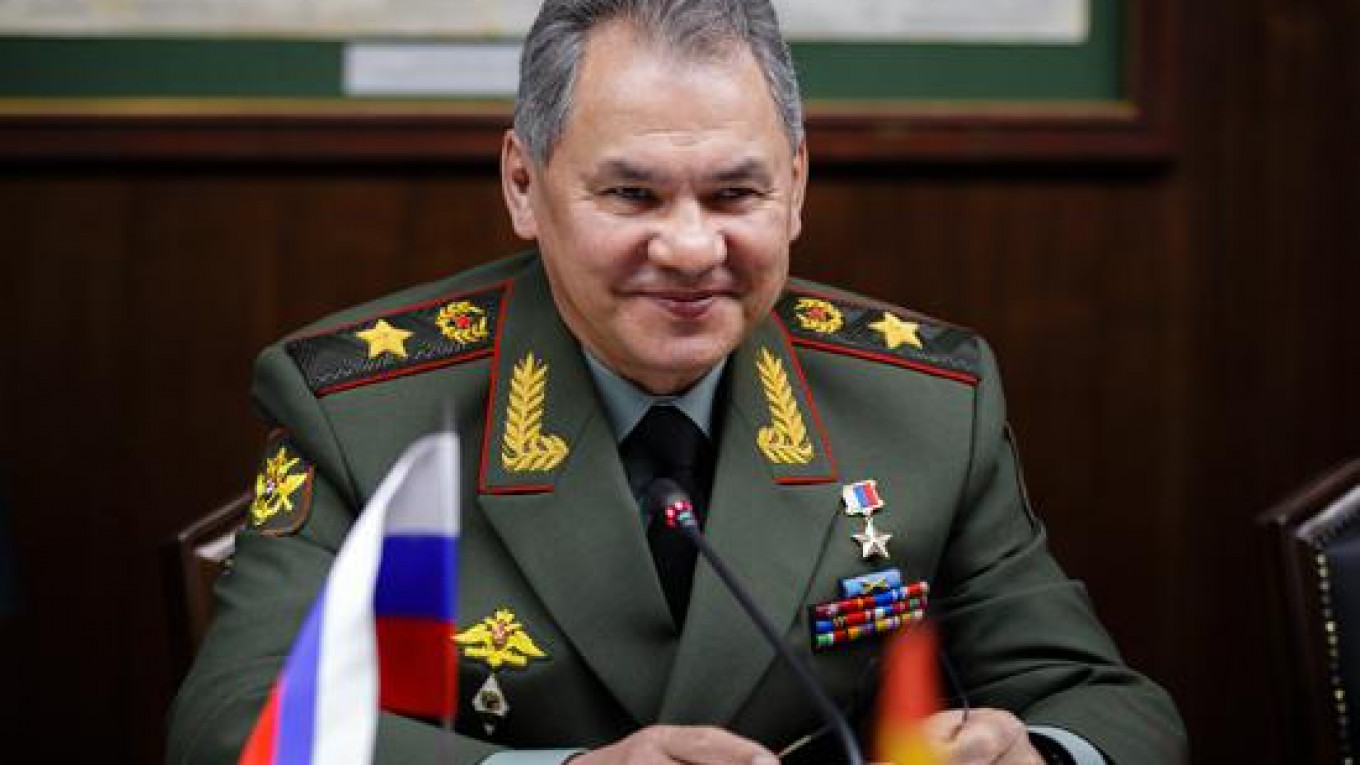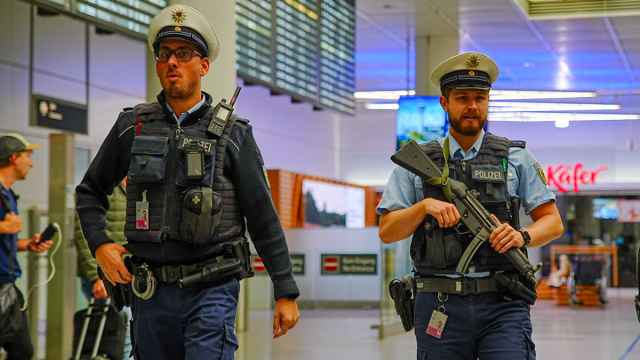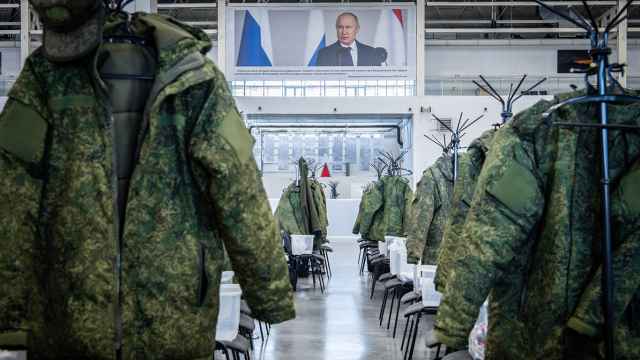Russia has created a new military force to conduct “information operations” against Russia's foes, the Interfax news agency reported Feb. 22.
“Propaganda should be smart, competent and effective,” Defense Minister Sergei Shoigu said, announcing the new force.
Shoigu did not say whether the “information operations forces” would be under the command of one of Russia's main military branches or whether they would operate independently.
In 2013, Interfax reported that the military was creating a cyber warfare command, though Russian officials since denied it.
The announcement this week came just hours after the Russian Foreign Ministry launched a “fake-news busting” website. Foreign Ministry Spokeswoman Maria Zakharova said the need for the website was obvious.
The Defense Ministry has become more active in the media sphere in the past 18 months. After Russia's surprise September 2015 intervention in the Syrian civil war, the Defense Ministry became active on Twitter and Facebook, publishing multi-lingual accounts of Russia's campaign in Syria.
The Defense Ministry has used social media to promote its own — likely distorted — information on the number of missions conducted by Russian aircraft. It has published videos from gun cameras on Russian bombers showing alleged terrorist strongholds being destroyed by missiles.
The Defense Ministry also used its social media feeds to attack Western reports alleging that Russia was not targeting radical Islamists, as Moscow claimed, but Syrian opposition groups.
Responding to December 2015 reports that Russia was using cluster bombs in Syria, Defense Ministry spokesman Igor Konashekov said: “Russian aircraft in Syria do not use cluster munitions and such weapons are not stored at the Hmeymim airbase.” He also denied allegations that Russia had bombed schools, hospitals and mosques.
A report by a Russian open-source investigative outfit, the Conflict Intelligence Team, argued that Russian cluster bombs were loaded onto Russian aircraft in Syria. Their evidence was video reports from Russia's airbase in Syria's Latakia province. A tweet from RT Middle East correspondent Murad Gazdiev shows an Su-34 aircraft armed with what appear to be cluster bombs.
A Message from The Moscow Times:
Dear readers,
We are facing unprecedented challenges. Russia's Prosecutor General's Office has designated The Moscow Times as an "undesirable" organization, criminalizing our work and putting our staff at risk of prosecution. This follows our earlier unjust labeling as a "foreign agent."
These actions are direct attempts to silence independent journalism in Russia. The authorities claim our work "discredits the decisions of the Russian leadership." We see things differently: we strive to provide accurate, unbiased reporting on Russia.
We, the journalists of The Moscow Times, refuse to be silenced. But to continue our work, we need your help.
Your support, no matter how small, makes a world of difference. If you can, please support us monthly starting from just $2. It's quick to set up, and every contribution makes a significant impact.
By supporting The Moscow Times, you're defending open, independent journalism in the face of repression. Thank you for standing with us.
Remind me later.






